Taliban: Women are allowed at universities, not in mixed classes though
The Taliban’s higher education minister has announced that Afghan women would be allowed to study at university as long as they are separated from men, stressing that there would be a ban on mixed classes.
Abdul Baqi Haqqani made the announcement at a press briefing on Sunday, as he elaborated on the new interim government’s plans for Afghanistan’s education sector.
“We have no problems in ending the mixed-education system,” he said, adding, “The people are Muslims and they will accept it.”
The Taliban had already pledged to rule differently compared to their first stint in power, when girls and women were banned from education.
Earlier this month, the Taliban said Afghans could continue their higher education in under the Sharia law in safety without being in a mixed male and female environment – or at least divided by a curtain.
As for the women’s rights to education, they also said girls have no problem in going to school and women will also have access to education providing that they wear Islamic hijab.
Haqqani also said Afghanistan’s education system had changed considerably since the Taliban’s last time in power, adding that the number of educational institutions had increased dramatically.
“This gives us hope for a future, prosperous and self-sufficient Afghanistan... we will continue from where they were left.”
The Taliban minister stated that there were enough female teachers and, in case of unavailability, alternatives could be found without breaching the rules.
Some had already expressed fear that the new rules may exclude women due to the fact that the universities do not have the resources to provide separate classes.
“It all depends on the university's capacity,” Haqqani said. “We can also use male teachers to teach from behind a curtain, or use technology.”
Education centers across Afghanistan have seen a spate of attacks in the recent past.
The Taliban deny responsibility for the attacks, some of which were claimed by the local branch of the Daesh Takfiri terrorist group.
During their previous rule from 1996 to 2001, the Taliban excluded women from public life. The group has now pledged to respect progress made in women's rights over the past years.
The Taliban have also decreed that under the new rules, women may work “in accordance with the principles of Islam,” but few details have yet been given as to what that exactly might mean.
On September 7, the Taliban announced the formation of a caretaker government.
The announcement came as rallies were held across the capital Kabul, with Afghan protesters — most of them women — taking to the streets to display their disapproval of the Taliban.
The government of Afghanistan rapidly collapsed on August 15 and President Ashraf Ghani fled the country in the face of the lightning advances of the Taliban, following what has been criticized as a hasty withdrawal of American forces from the country.
The United States and its NATO allies invaded Afghanistan in 2001 under the pretext that the Taliban militants were harboring al-Qaeda. The invasion removed the Taliban from power but it worsened the security situation in the country. Two decades later, the Taliban are now poised to run the country again.
VIDEO | 39th AU summit opens in Addis Ababa with focus on water security, peace, and development
VIDEO | Iran: The stronghold Washington lost
Anti-Iran ‘Munich circus’ shows Europe has lost geopolitical weight: Araghchi
Swiss to act as venue of next round of Iran-US talks: Report
Report: Over 50,000 soldiers fighting in Israeli military hold foreign citizenship
Danish PM warns US attack on Greenland would spell end of NATO
Power running out at key Gaza hospital, ICU patients at risk: Report
VIDEO | Press TV's news headlines


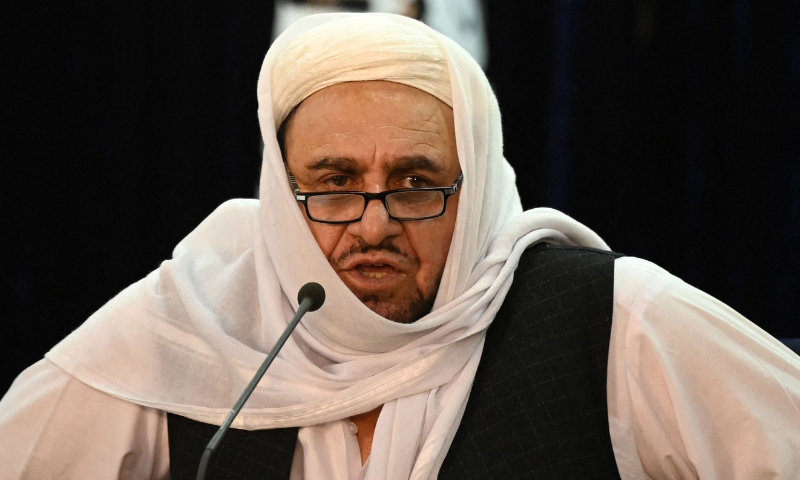
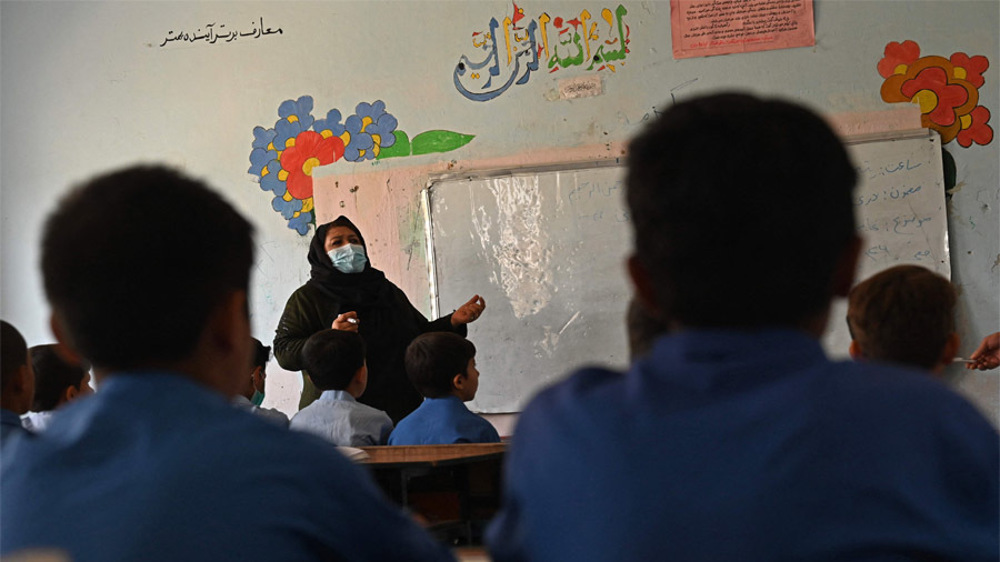
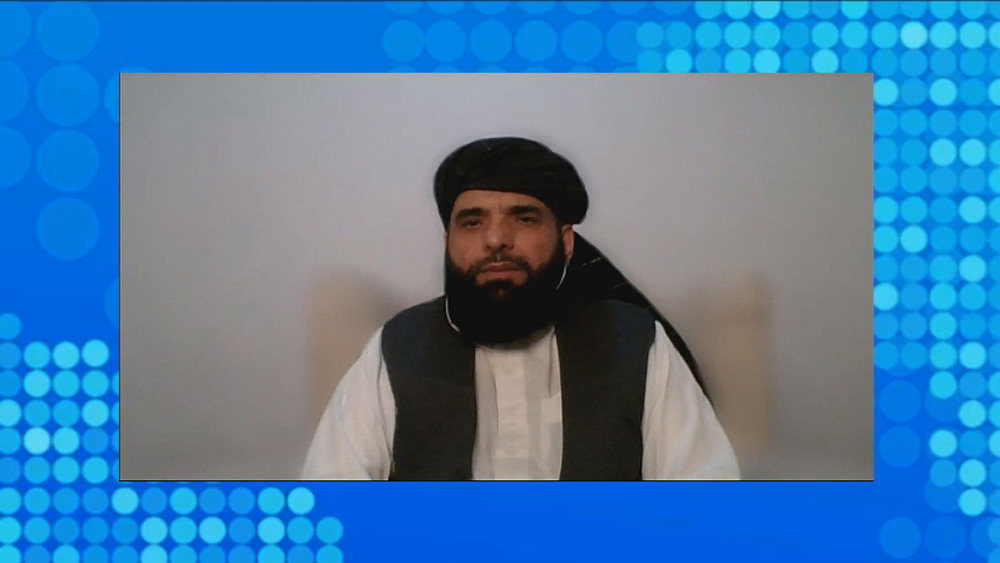
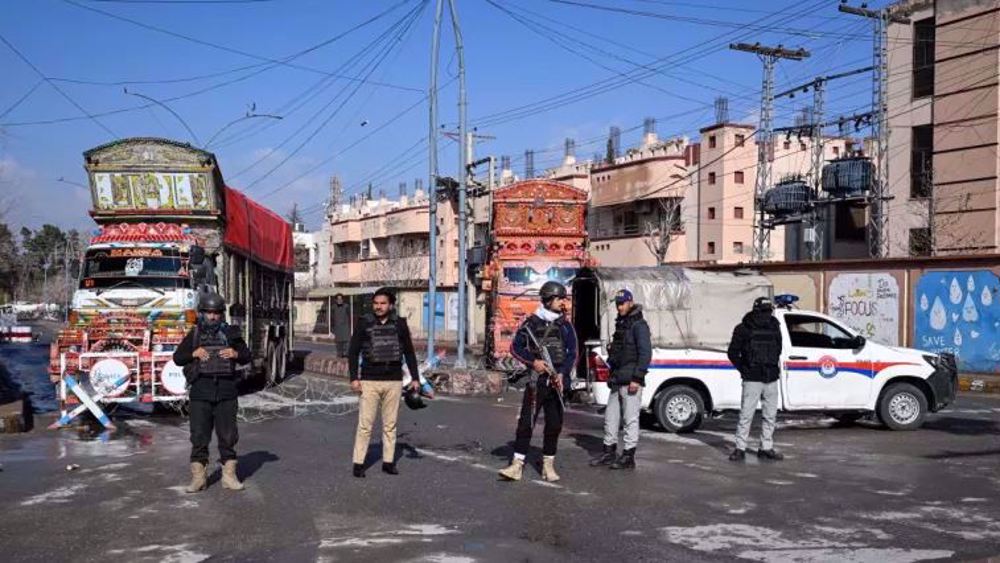
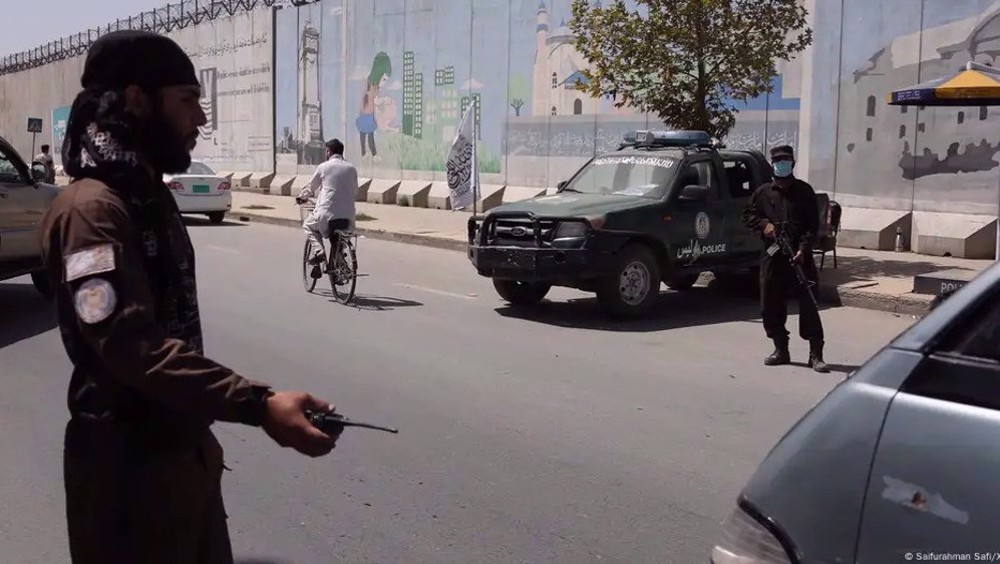
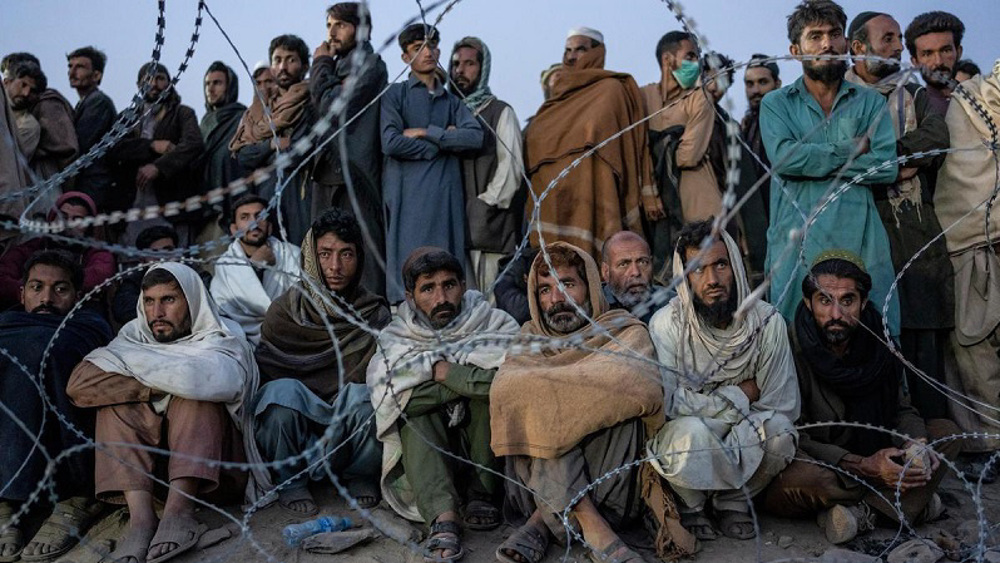




 This makes it easy to access the Press TV website
This makes it easy to access the Press TV website